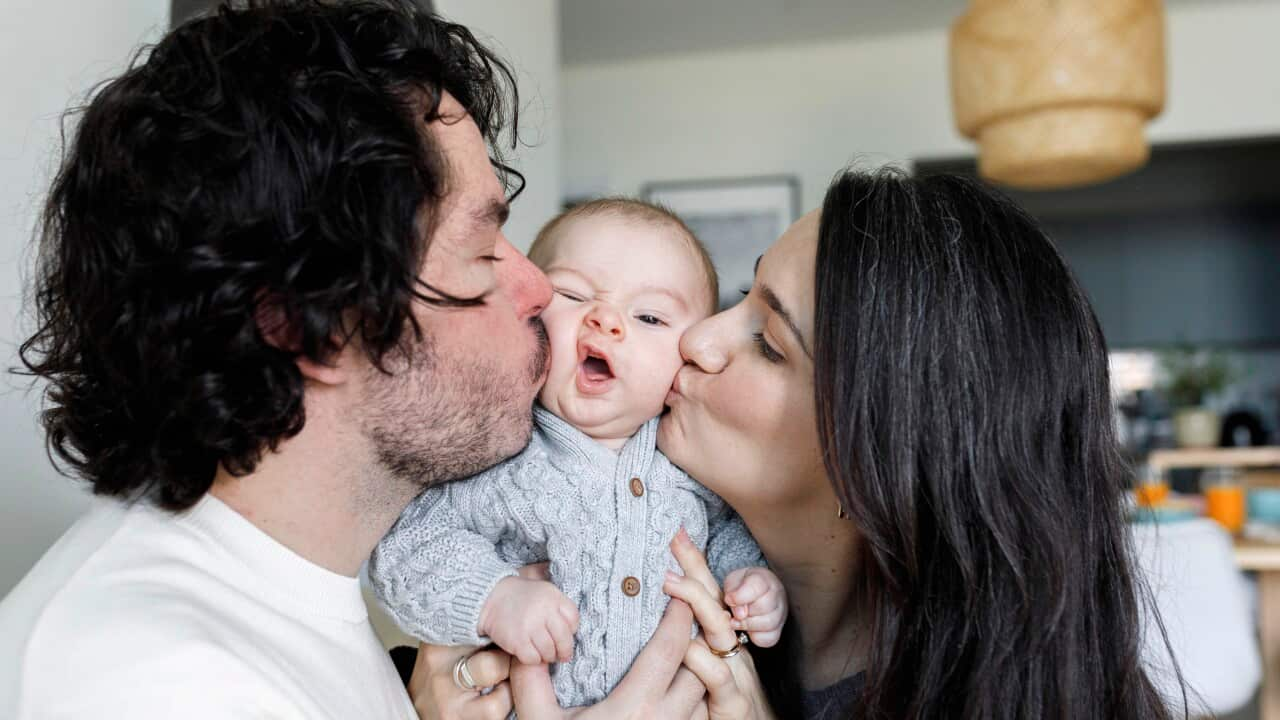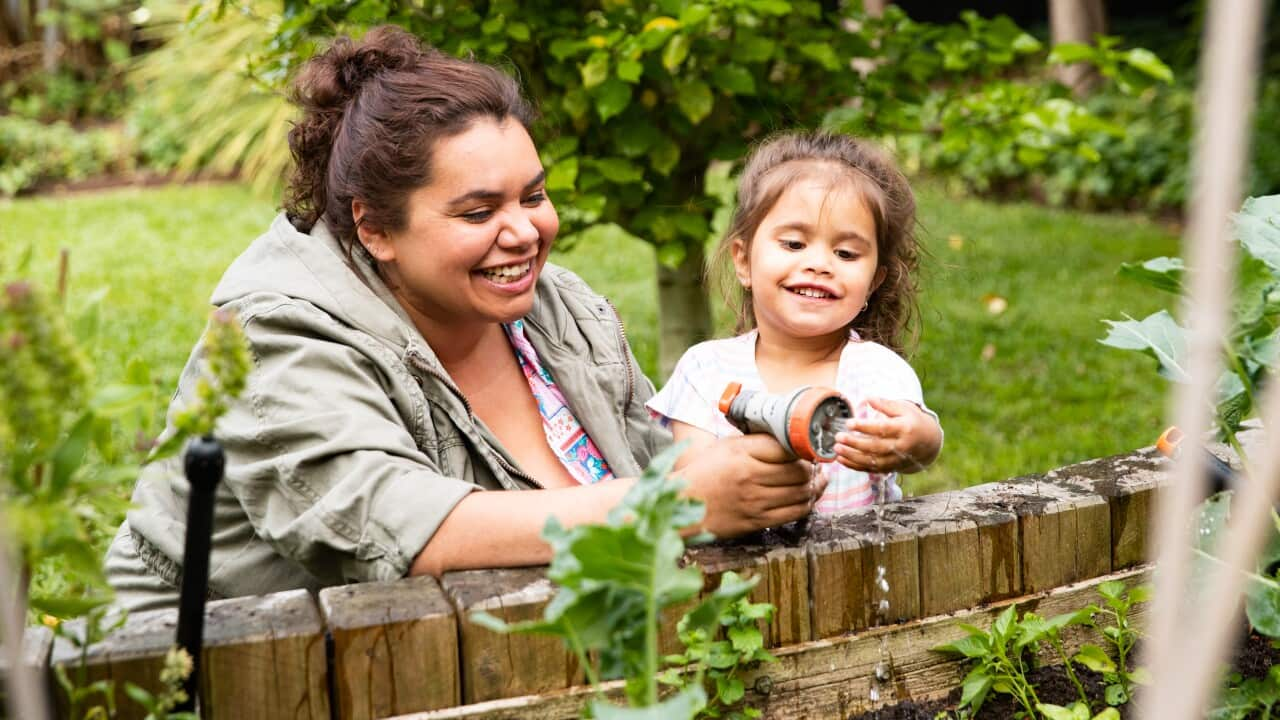This lesson is suitable for intermediate-level learners. After listening, test your knowledge with our quiz.
Thanks to the Sydney Children's Hospitals Network for suggesting this topic. Factsheets (in several languages) and further information is available on the .
Learning notes
Different phrases you can use when asking a triage nurse or doctor to see your child:
- My son/daughter was in an accident.
- They hit his head badly and severely injured his arm.
- Can he/she see someone right away?
- I need urgent medical attention.
- We need a doctor immediately.
- I’m really worried. Can they be seen immediately?
- Is everything going to be OK?
- Do we need an X-ray or scans?
- Will he/she need any scans?
Different phrases you can use when asking about waiting time:
- How long do we have to wait?
- Can you tell me roughly when we’ll be seen?
- How many patients are ahead of us?
- Can you tell me roughly when we’ll be seen?
- How long does the triage process usually take?
Different phrases you can use if you don’t understand everything that has been said:
- Can you explain that again in simpler language?
- Sorry, I didn’t understand. Could you slow down a little?
- Can you say that a little more slowly please?
- Can you explain that again in simpler language?
- Can you say that again I didn’t quite catch what you said.
- Can you write that down for me?
Vocabulary:
To be in an accident, it means that something unexpected happened to them that could hurt them, like a car crash or a fall ..
To be injured is to be hurt.
To hit your head means your head made strong contact with something, like a wall, the ground, or a hard object.
If a part of your body won’t stop bleeding, it means the blood keeps coming out and isn’t slowing down.
To triage is to organise people or things into different groups.
A triage nurse is the first nurse you see when you arrive at the hospital. He or she triages decides who needs help first based on how serious their needs are.
Condition is how someone is feeling or how their health is.
To assess something means to check something carefully and decide what is needed.
An assessment is the process of checking something in order to make a decision.
An X-ray or scans are two different medical tests that help doctors to look inside the body.
Colloquial expressions:
To let somebody down means to disappoint them or fail to meet their expectations.
In the heat of the moment means acting or speaking without thinking carefully.
Learning focus:
When we want to talk or ask about something in the future that is quite fixed, we can use the future simple (will + verb). When we speak, we usually shorten this to ‘ll.
- Claire: "A triage nurse’ll assess him immediately."
- Claire: "Don’t worry. We’ll get him assessed immediately."
- Claire: "The doctor’ll decide if they are needed after the initial assessment."
- Allan: "How long’ll we have to wait?"
Unless it is at the very beginning of a question, as in:
- Allan: "Will he need any scans?"
Practise speaking dialogue from this episode:

Bonus Practice: #85 Going to a hospital emergency department (Med)
SBS English
04:02
Transcript:
(Note: This is not a word-for-word transcript)
SBS acknowledges the Traditional Custodians of Country and their connections and continuous care for the skies, lands, and waterways throughout Australia.
Hi everyone! My name is Josipa, and I work at SBS in a team that helps migrants, like me, find the important information and services so we can feel at home in Australia.
You’re improving your English by listening to this podcast, but it’s also helpful to learn in your language. That’s what we do in our podcast Australia Explained.
Australia Explained has weekly podcasts and articles in over 60 languages. Their topics? Well, as the name says, they cover everything you need to know to understand Australia—its laws, government services, your rights, and more.
This week Australia Explained and Learn English are working together on a really important topic – understanding hospital emergency departments in Australia. It’s a situation that no-one wants to be in, but one that you might find yourself in one day. And on that day, you’ll be glad you learnt how they work, when to go, and also what to say.
LISTEN TO

What to expect when taking your child to the emergency department
SBS English
09:20
Later in the episode, we'll hear a preview of the Australia Explained podcast, which will be available in over twenty languages.
But if, for any reason, you unfortunately find yourself needing to go to the emergency department, you're going to want to know how to communicate in English.
So, I asked Allan and Claire to prepare a dialogue for us. This is not a real situation—it’s made up to help us learn useful phrases in case we ever need to visit the emergency department. So, let’s imagine...
The emergency department is a busy place. We're in the waiting room. It has small chairs, toys, and a TV playing cartoons. Nurses in uniforms move quickly between rooms. At the reception, Allan is waiting, holding his son in his arms. His son’s eyes are red from crying. Claire, the receptionist, is there to help him.
Claire
Can you tell me what happened?
Allan
My son was in an accident. He hit his head badly and severely injured his arm. It won’t stop bleeding. Can he see someone right away?
Claire
A triage nurse’ll assess him immediately.
Allan
I’m really worried. Can he be seen immediately?
Claire
Don’t worry. We’ll get him assessed immediately.
Allan
Can you tell me what’ll happen then? Will he need any scans?
Claire
The doctor’ll decide if they are needed after the initial assessment.
Allan
How long ’ll we have to wait?
Allan is clearly worried, and he wants answers fast. His English is great, but in the heat of the moment, he’s panicking - which is understandable when your child is hurt.
By the way, in the heat of the moment means acting or speaking without thinking carefully, often because of strong emotions like anger, excitement or stress.
Now, let’s look at the phrases from our dialogue. After Claire asked Allan to explain what had happened, he said,
Allan
My son was in an accident. He hit his head badly and severely injured his arm. It won’t stop bleeding. Can he see someone right away?
Let’s look at each phrase separately.
My son was in an accident.
If somebody was in an accident, something unexpected happened to them that could hurt them, like a car crash, a fall or something similar.
We usually say "in an accident" or "had an accident." But we never say "did an accident" or "on an accident." That’s a mistake I used to make. So don’t be like me, remember, if you need to talk about an accident, use "in" or "had." Let’s continue,
He hit his head badly and severely injured his arm.
Allan said that his son injured his arm. If you’re injured, you’re hurt. You can get injured in different ways, like falling or bumping into something. So, if you're not sure how to describe what happened, you can simply say, "I got injured." It’s a general way to talk about any harm to the body.
How you notice the words Allan uses to describe that situation is very serious? He said that his son hit his head badly and severely injured his arm.
Badly, severely are the types of words you can use when you want to describe how serious or intense something is. Other words like these are seriously, critically, extremely, and really. These words help show that something is very bad or strong. Allan then said,
It won’t stop bleeding.
Allan’s son’s arm won’t stop bleeding, which means blood is still coming out and not slowing down.He also asked,
Can he see someone right away?
Right away means now. You can also say,
I need urgent medical attention.
Or,
We need a doctor immediately.
All these phrases are ways to say that you need help as soon as possible. In an emergency, using words like urgent, immediately, or right away helps medical stuff understand that the situation is serious.
Claire then said,
A triage nurse’ll assess him immediately.
A triage nurse is the first nurse you see when you arrive at the hospital. They triages everyone, which means that they assess them and decide who needs help first based on how serious their condition is.
Condition is how someone is feeling or how their health is. So, when the triage nurse checks Allan’s son, they’re deciding how serious he is injured to see how quickly he needs help. Allan then said,
I’m really worried.
If you are worried and want to know what is going to happen next, you could say,
- Can you tell me what’ll happen then?
- Can you tell me what’s going to happen next?
- Is everything going to be okay?
These phrases are useful when you’re asking for confirmation or clarity, especially in stressful situations.
Let’s go back to the dialogue, Claire said,
We’ll get him assessed immediately.
To assess something means to check something carefully and make a decision. In this case, it means that the triage nurse will quickly check how serious the situation is in order to understand what needs to be done next.
Do you remember what Allan asked next? He said,
Will he need any scans?
There are different kinds of scans that that help doctors to look inside the body. For example, an X-ray is a type of scan that is commonly used to check for broken bones or injuries in areas like chest, arms or legs.
Claire replied,
The doctor’ll decide if they are needed after the initial assessment.
An assessment is the process of checking something, so when the nurse assesses his condition they will come to an assessment, that is, a decision and what needs to happen next.
The first assessment is called an initial assessment. After this, the doctor will decide if more tests, like X-rays or other scans, are necessary.
At the end, Allan asked,
How long we‘ll we have to wait?
If you’ve ever been to a hospital, you know that you have to wait. Here are few more examples of how you can ask about the waiting time:
- How long do we have to wait?
- Can you tell me roughly when we’ll be seen?
- How many patients are ahead of us?
- How long does the triage process usually take?
Now, all of us here speak English as a second, third, or even fourth language. And that’s something that makes us amazing, so it’s totally normal that sometimes we don’t always understand absolutely everything– especially when we are stressed or when someone is explaining something complicated. And people don’t always say things clearly when they are in a hurry, do they?
So, if you’re in a hospital and you don’t understand everything that’s being said, you can ask for clarification. Here’s how:
- Sorry, I didn’t understand. Could you slow down a little?
- Can you say that a little more slowly please?
- Can you explain that again in simpler language?
- Can you say that again? I didn’t quite catch what you said.
- Can you write that down for me?
A big thank you to our guest Maram Ismali. Paul Nicholson and Lily O'Sullivan voiced the characters of Allan and Claire, and Professor Lynda Yates was our educational consultant.












